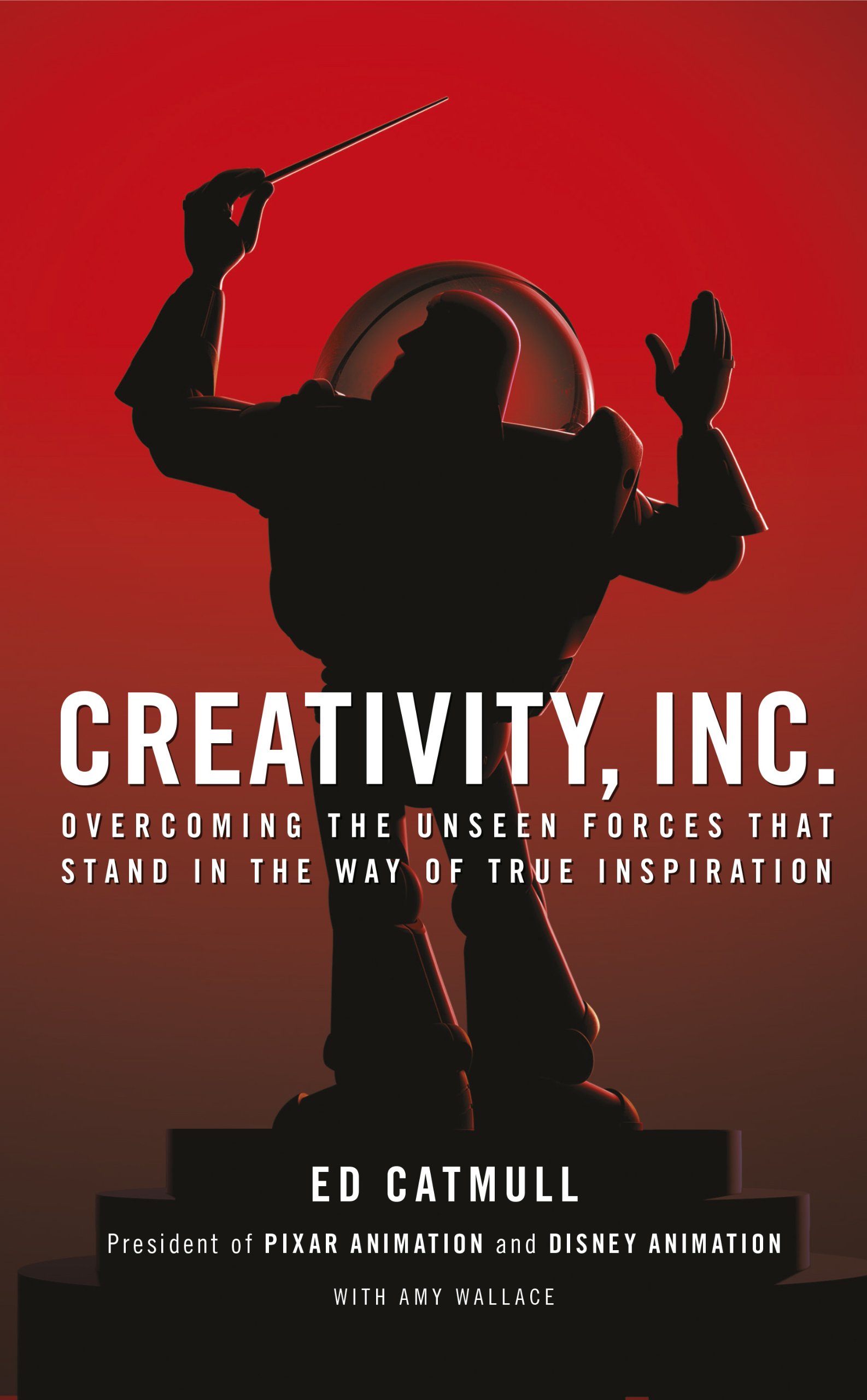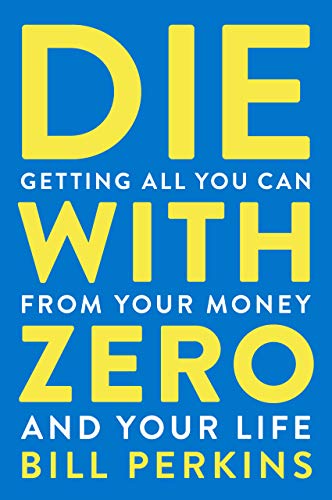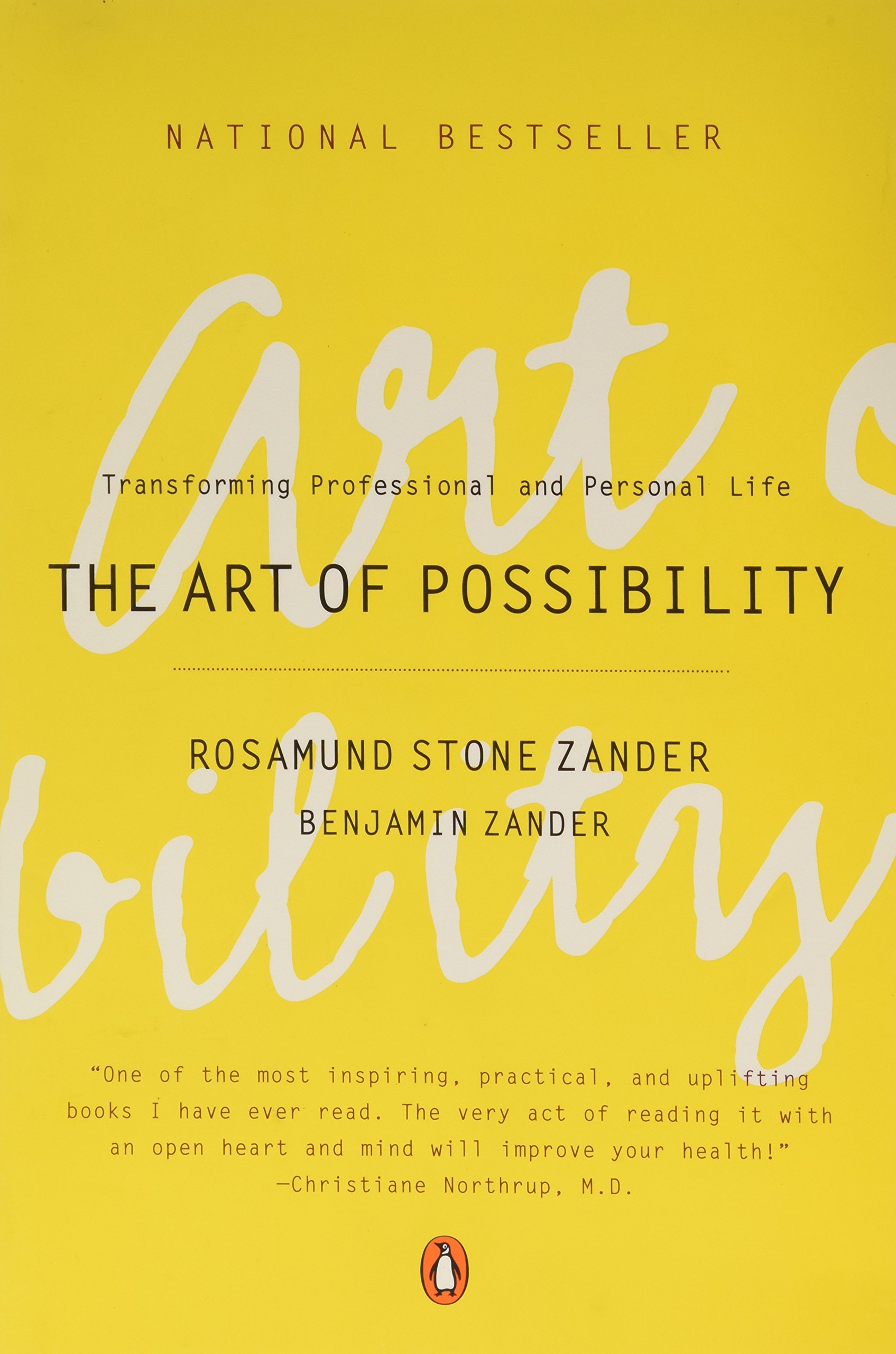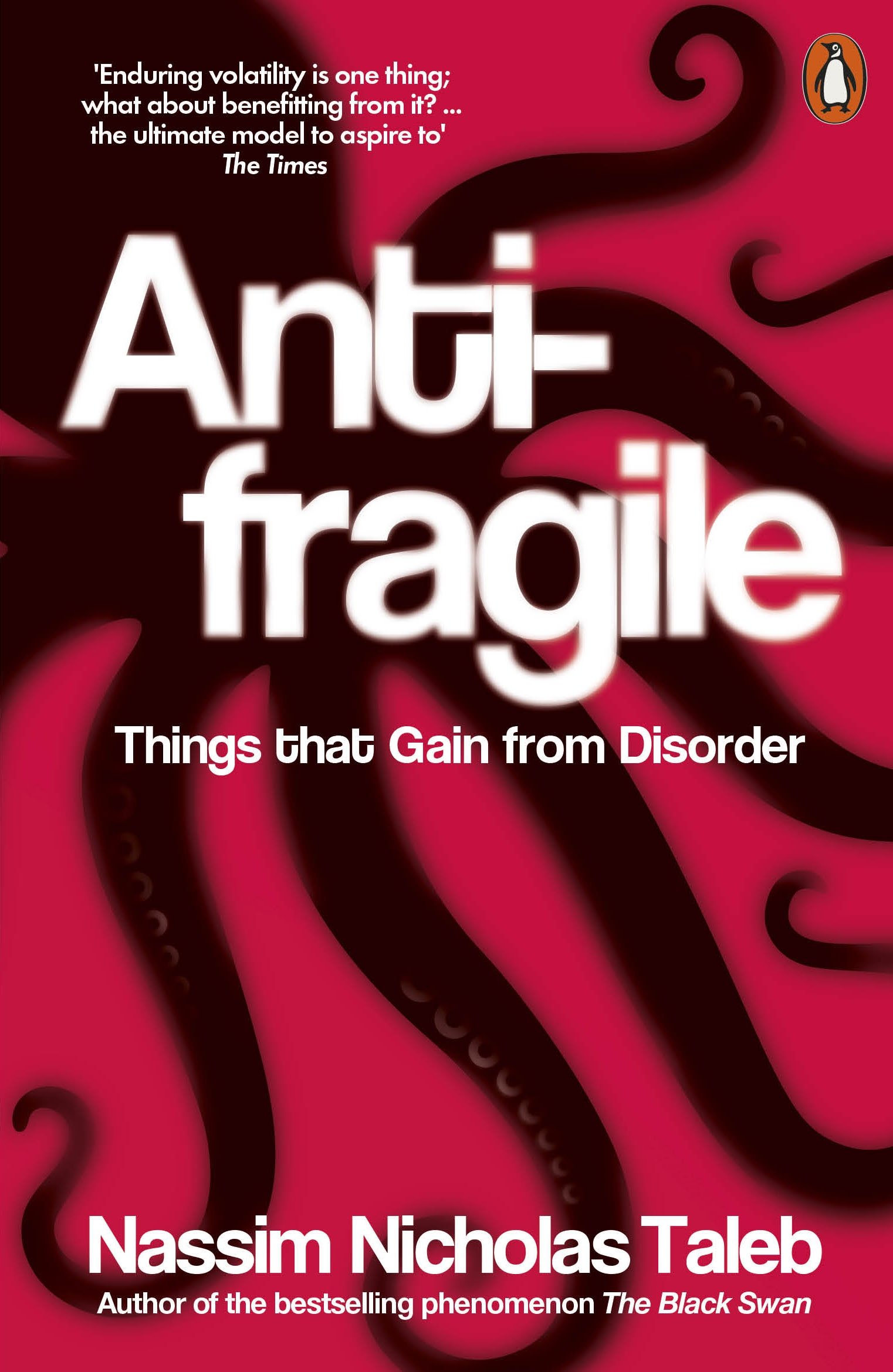Little things can significantly improve your life

The happiness project by Gretchen Rubin describes the author’s year-long quest to see if she can boost her happiness. It is a book about small (and sometimes not so small) changes we could make. Rubin did extensive research into the science of happiness/wellbeing and tested many of the theories in her own life.
Three key messages:
- Happiness can be increased through specific actions and habits. Therefore, happiness is a skill which can be practised, learnt, and improved.
- It takes more effort to be fun & jolly than to be gloomy and negative. So, it is hard work to be happy.
- Happiness (long-term) doesn’t necessarily make you feel elated in the short-term.
It is important to note that the author makes it clear she is not coming from a place of depression at the start of her experiment. So the advice is not a treatment for mental illness. Rather she is testing to see whether it is possible to boost her overall enjoyment of life from an already totally adequate baseline.
See Rubin’s full list of Secrets of adulthood.
Other points:
- Rubin describes being in a ‘midlife malaise’; asking “Is this really it?”
- Where the opposite of happiness is unhappiness, not depression
- The mantra that behaviour determines feelings (“act the way you want to feel”) is central message here, as is repeated in many other texts
- Formula for happiness = increased positive experiences, reduce negative ones, do what feels right (in terms of your ‘place’ in the world), and keep growing/progressing
- Aim to be happy now; this is the antidote to the arrival fallacy (/hedonistic treadmill)
- Approach each day with the idea that life doesn’t get any better than this, then you will never put off being happy
- Squeeze all the fun you can out of experiences: the anticipation and remembering helps
- Never feel guilty about what you find fun or think that you ‘should’ enjoy other stuff
- Fully embrace what you enjoy
- There is a strong positive feedback loop between being happy and doing good things
- Do what you know ought to be done, bit by bit, even if its a difficult/unpleasant task
- The days are long but the years are short
- Increase your energy
- Get more sleep and exercise (better) e.g. weights and walking
- Clear clutter
- Notice the excuses you use to avoid getting rid of things (e.g. will use someday in the future, or feeling guilt for having not used it)
- Try a ‘packing party’ (or ‘virtual move’)
- 1-minute rule (similar to David Allen’s 2-minute rule): if you can get a task done in 1 minute then do it immediately
- Write a list of everything that has been on your mind, and pick off one niggling task
- Marriage
- This is foundation for so many other very important things in life that influence your happiness (e.g. friends, where you live, children)
- You cannot change anyone else, so your happiness must come from inside you
- Reduce nagging: just do things yourself and think of doing it for yourself (to reduce the need for positive affirmation (“gold stars”))
- Treat people how they treat others (not how they say they want to be treated)
- For example, someone says they don’t want a birthday present but they always get thoughtful gifts for others
- Avoidance of negative experiences may be more important than seeking out positive ones in relationships (due to the loss aversion bias)
- Don’t keep score (“you did so I get to…”)
- Work
- Bidirectional relationship with happiness
- What do you spend your free time doing? Can this be your work?
- Challenge, big goals, and unexpected changes is important in happiness
- This expands your identity, and this diversity is associated with happiness
- Consider setting up a group around work: new social networks are always beneficial
- Re-evaluate your assumptions about time (e.g. how long you need to work in one stretch for it to be useful)
- The “loose change” of time can accumulate
- Parenting
- Rule number 6 (don’t take yourself too seriously – from The art of possibility)
- Find ways to make the morning (rush) fun, rather than stressful
- Make traditions and do projects
- Fun / projects
- Look for groups where you can share your ideas
- It’s okay if what you enjoy is what others think is boring
- Accept that there are many things you will never do, simply because you don’t want to
- There is a paradox of being in the present but also being in flow state (where time passes rapidly)
- Friendships
- Even simple, small actions to reconnect are better than none
- Give to your friends
- This includes abstract concepts like encouragement for them to strive for bigger/better
- Don’t gossip
- Be available and make the effort to go see people
- Money
- A lack can make you unhappy but gains only increase happiness when made relative to peers
- Think carefully about how you could spend to increase happiness, including novel ways
- Give money away
- Spirituality
- Meditating on death / bad events to help with gratitude
- Try writing 1 sentence a day on happiness and/or 3 things grateful
- Or turn it into a meditation process at specific times (e.g. when walking from car to office)
This is one of my favourite books. It is easy to read, witty, and full of wisdom. Each of the actions that Rubin takes are individually small and feel achievable. Many of them don’t even involve ‘doing’ anything different, merely changing the way that you frame situations and choosing different language. This text is another that reiterated the concept of first changing your actions or words and then letting this improve your emotions and thoughts. The other way round is said to work too, but is probably harder.
More books like this:
- The last lecture by Randy Pausch
- The things you can see only when you slow down by Haemin Sunim
- The subtle art of not giving a f*ck by Mark Mason
Useful links:
- Here are one, two, and three further summaries/reflections on this book for comparison
- Gretchen Rubin’s blog




One thought on “The happiness project by Gretchen Rubin”
Comments are closed.